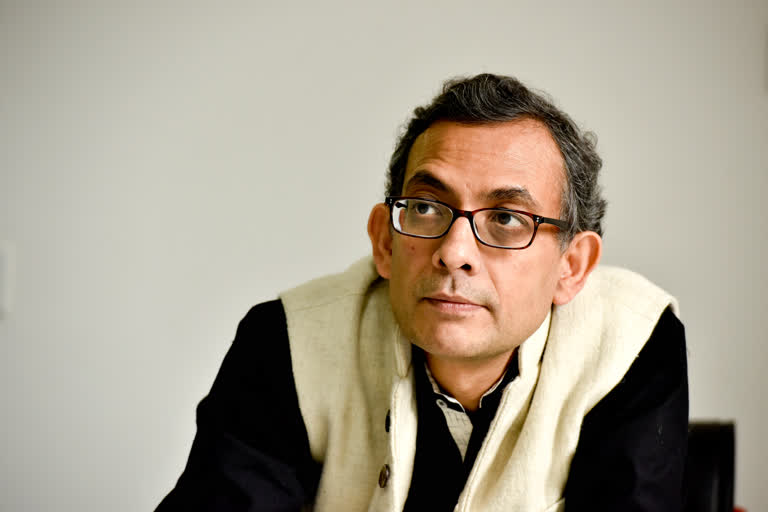New Delhi: Stringent commitment of the government to low inflation is hurting the agriculture sector and has resulted in farm distress, Nobel laureate Abhijit Banerjee said here.
He also said disinvestment is not a long-term solution for bridging fiscal deficit.
Attributing farm distress to the government's commitment to low inflation, winner of Nobel Prize for Economics said it has affected support price.
On the stress in the banking sector, he said part of the problem is that decision-making is absolutely frozen.
With regard to recent corporate tax cut decision of the government, he said this would not bring growth but probably moderation in direct tax could push the growth northward.
"I think Mr Modi has more faith in the corporate sector than I do. The recent tax cuts show that someone in the administration believes that you have to give corporate sector lots of money to get growth. I do not believe that" he said.
Read more: Health sector evolving in India; should take advantage of AI, data analytics: Arvind Panagariya



